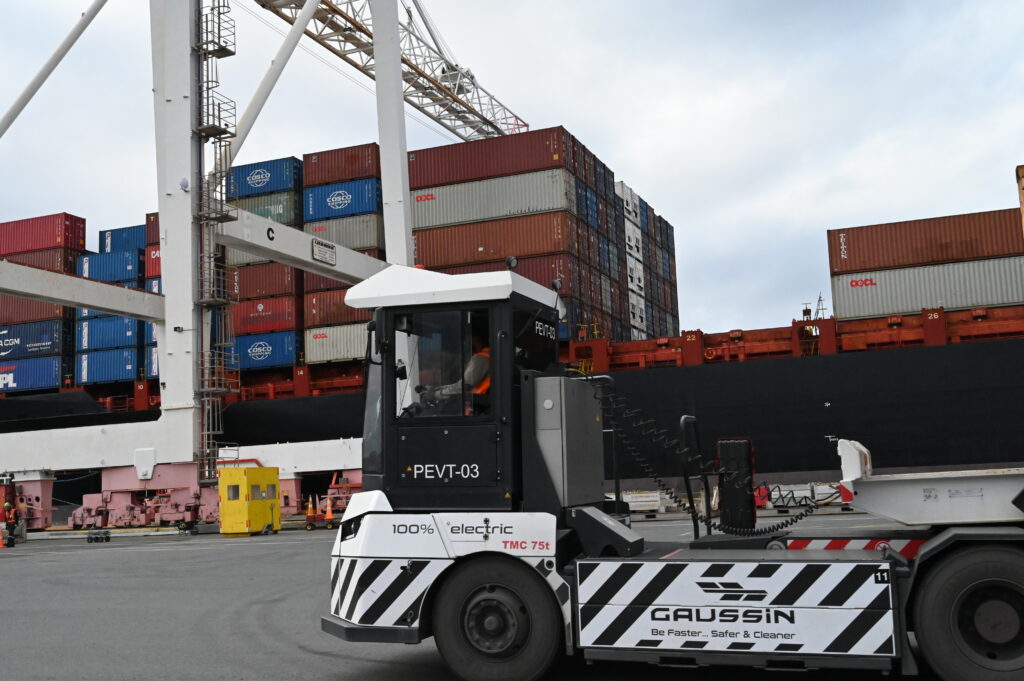Helping CentrePort Lead the Charge in Sustainable Operations
- April 4, 2025

Challenge
CentrePort is a key logistics hub connecting New Zealand’s importers and exporters to global markets across road, rail, and sea. As part of its transition away from fossil fuels, CentrePort is replacing heavy machinery with low-emission, electrified alternatives.
As part of this goal, the port plans to install multiple high-capacity DC EV chargers. However, the site’s operations have a ‘peaky’ load, and adding these chargers is likely to push usage beyond the available capacity and trigger costly upgrades unless alternatives are explored.
To address this, CentrePort plans to pilot a 1000kWh / 500kW BESS on-site battery energy storage system (BESS) to support EV charging as part of its broader microgrid strategy. To evaluate the battery’s potential for reducing network pressure, managing costs, enhancing resilience, and supporting emissions reductions, CentrePort engaged Simply to assess its economic viability.
We identified key opportunities to improve the battery’s viability and used detailed modelling to stack value across multiple services over its 15-year lifespan, maximising cost savings and returns, including:
- Revenue from demand-side flexibility markets, such as Reserves, where the battery helps maintain grid stability by discharging or adjusting its charge in response to drops in grid frequency.
- Savings from energy arbitrage, where the battery charges during low-cost periods and discharges when electricity and network prices are higher.
- Revenue from exporting excess power during peak price periods or when not needed for operations.
- Power factor correction to improve energy efficiency and reduce network charges.
- Savings from reducing peak demand, which lowers peak demand charges and helps avoid infrastructure upgrades.
Utilising discounted cash flows, we evaluated revenue from demand response, energy arbitrage, and reserves, considered savings from avoided network costs, and compared capital expenditure with the battery’s projected lifetime returns to ascertain its economic viability.
Ara Ake will support the project through its innovation fund. The fund aims to demonstrate the commercial value of customer-led BESS solutions for managing local energy constraints.
Impact
Our modelling gave CentrePort confidence in the potential market value and provided crucial insights into how the BESS could enhance energy management, lower costs, and support CentrePort’s long-term sustainability objectives. CentrePort plans to install the pilot-scale BESS later this year.

